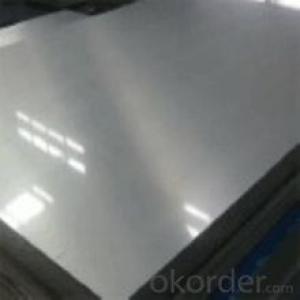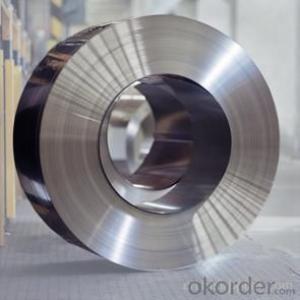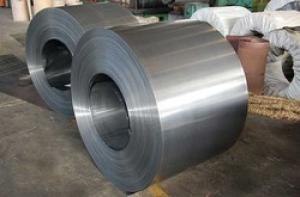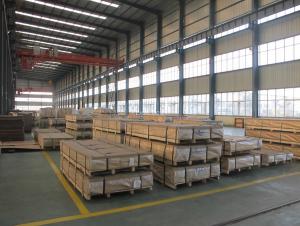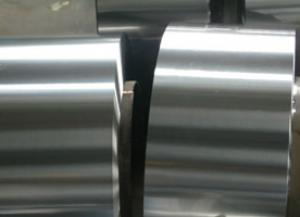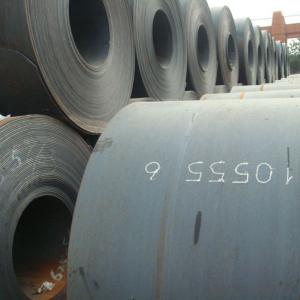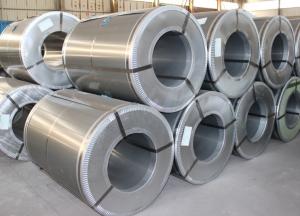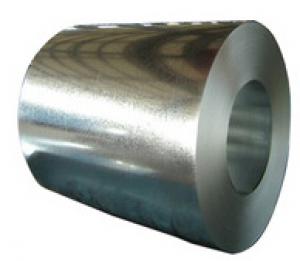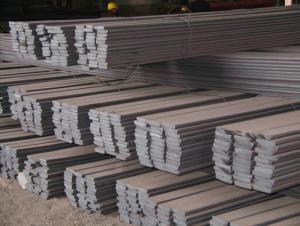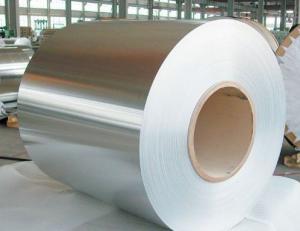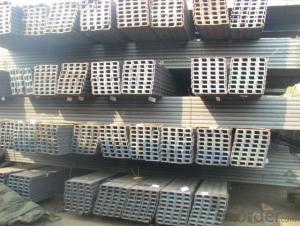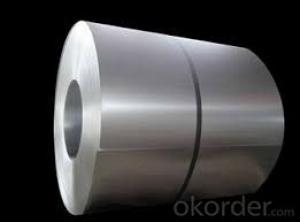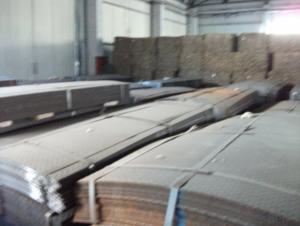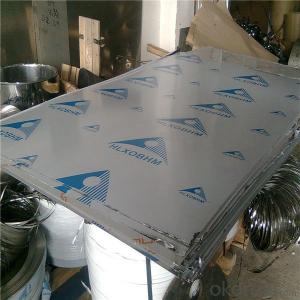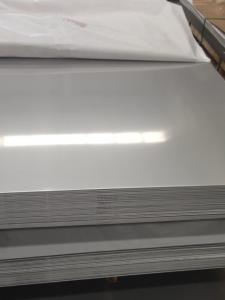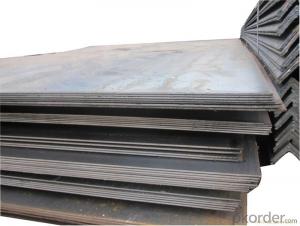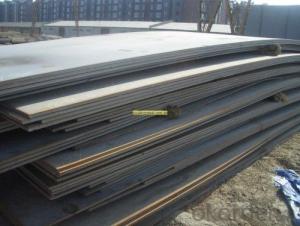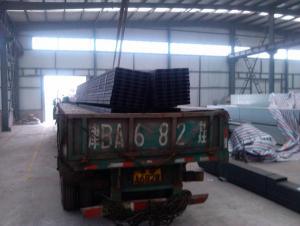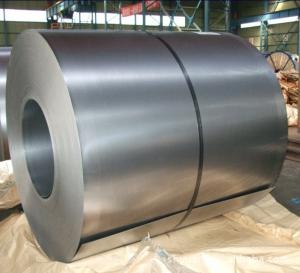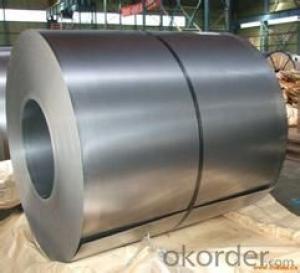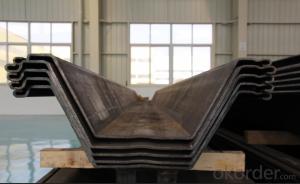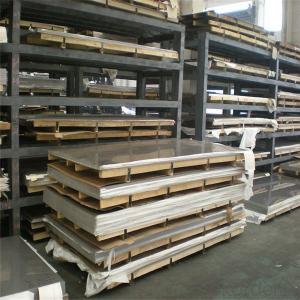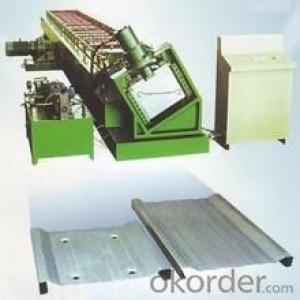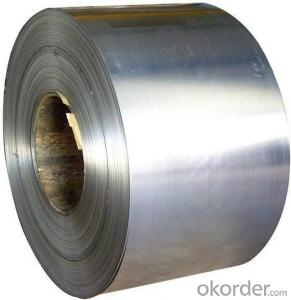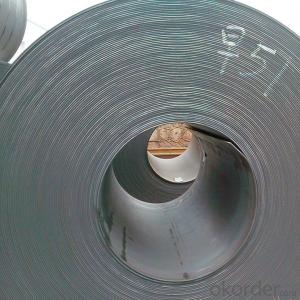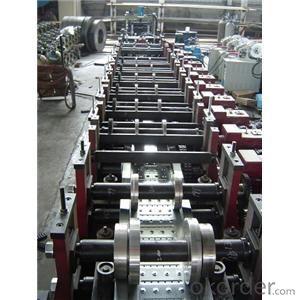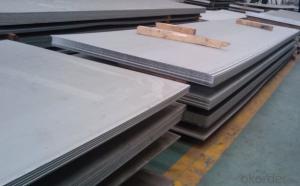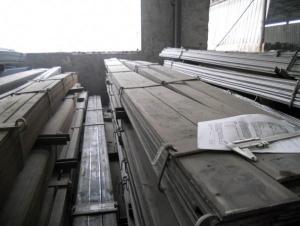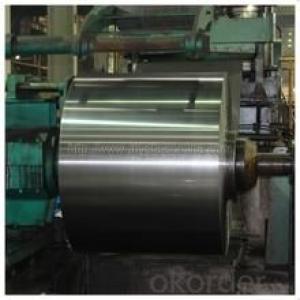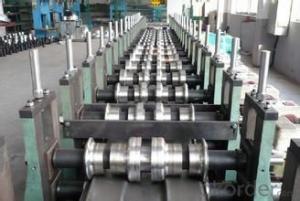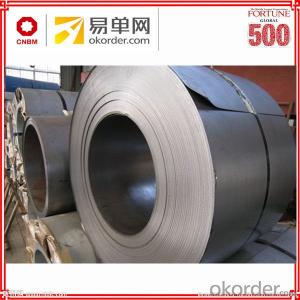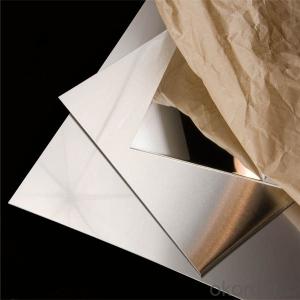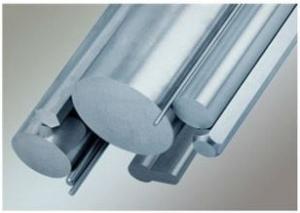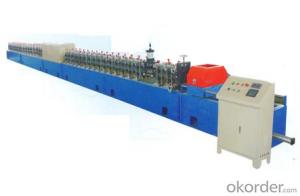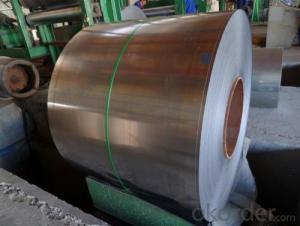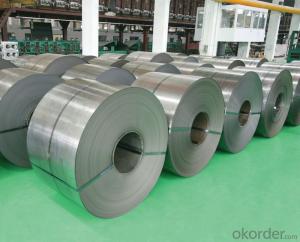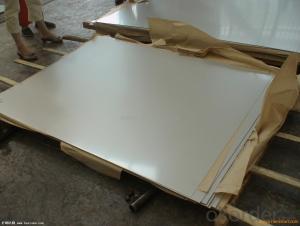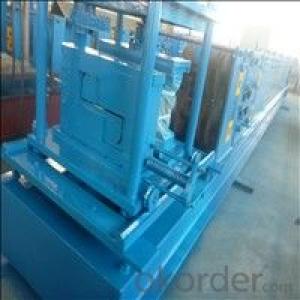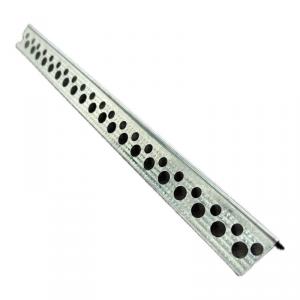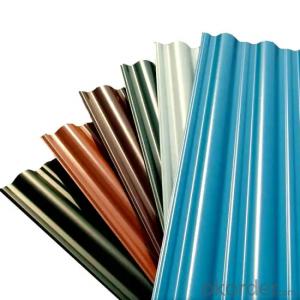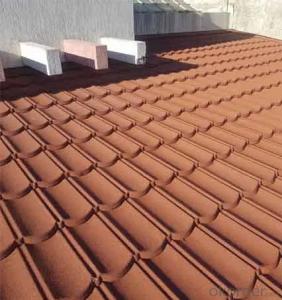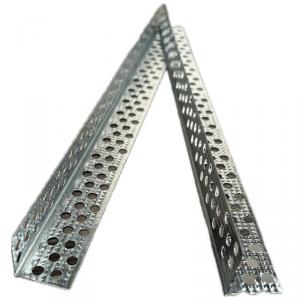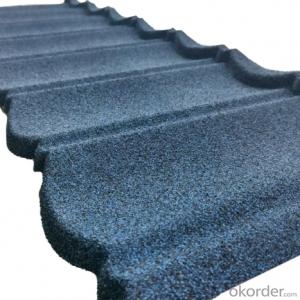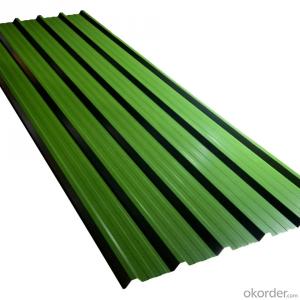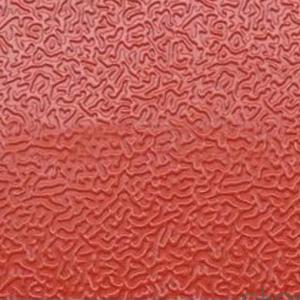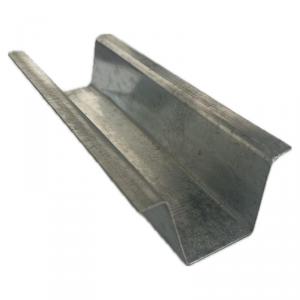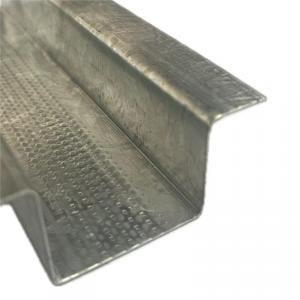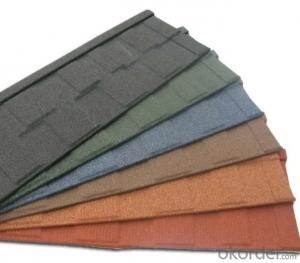Cold Rolled Steel Plate
Cold Rolled Steel Plate Related Searches
Cold Rolled Steel Cold Rolled Steel Sheet Hot Rolled Steel Plate Rolled Aluminum Plate Hot Rolled Aluminum Plate Aluminum Cold Plate Bilstein Cold Rolled Steel Hot Rolled Steel Cold Rolled Steel Price Cold Rolled Steel Prices Hot Rolled Steel Sheet Decorative Steel Plate Aluminum Cold Plate Beer Hot Rolled Mild Steel Cast Iron Plate Steel End Plate Aluminum Cooling Plate Aluminum Mold Plate Stainless Steel Plates Cold Rolled Steel Grades Stainless Checkered Plate 1018 Cold Rolled Steel Thin Aluminum Plate Hardened Aluminum Plate Galvanized Steel Roll 1 4 Stainless Steel Plate Polished Aluminum Plate Extruded Aluminum Plate Machined Aluminum Plate Slotted Aluminum PlateCold Rolled Steel Plate Supplier & Manufacturer from China
Cold Rolled Steel Plate, known for its excellent surface finish and superior mechanical properties, is a popular choice for a wide range of applications. This type of steel plate is manufactured by passing hot-rolled steel through cold rolling mills, resulting in a thinner and smoother product. Cold Rolled Steel Plate is widely used in various industries, including automotive, construction, and appliance manufacturing, where its strength and durability are highly valued. The product's versatility allows it to be utilized in the production of a multitude of components, such as car bodies, structural beams, and household appliances.Okorder.com is a leading wholesale supplier of Cold Rolled Steel Plate, offering a vast inventory to cater to the diverse needs of clients across different sectors. With a commitment to quality and customer satisfaction, Okorder.com ensures that the Cold Rolled Steel Plate they provide meets the highest industry standards. Their extensive stock enables them to promptly fulfill orders, making them a reliable choice for businesses seeking a dependable supplier of this essential material.
Hot Products
